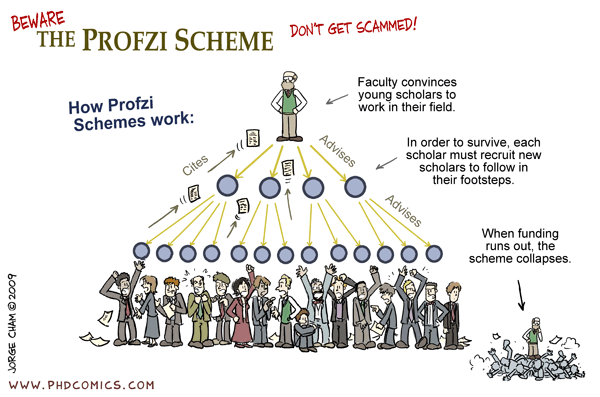Indeed. Great advice for 15 years ago. There was a time when becoming a physician-scientist was merely challenging. Funding rates were 40%, and if you just applied a few times for grants, submitted a few grants around, and persisted in your efforts, you'd certainly get one. Now that funding rates are below 10%, the landscape has changed. It doesn't matter how persistent you are, grant funding is tenuous. Departments have a lot of failures, and are no longer willing to seriously support you to become an independent scientist. This is the new reality for physician-scientists who are trying to transition from residency. The advice from senior, successful faculty who developed in a better funding environment no longer applies.
Residency programs are getting very competitive. I actually wrote a paper about this that I couldn't get accepted, but is viewable here:
http://www.neuronix.org/2012/06/effects-of-score-creep-trends-in.html . Because of this, there is no room for negotiation with residency programs. There are no repercussions if your position leaves you unable to do research--you literally cannot leave. You cannot negotiate a contract at any point. So what if they tell you yes, you come, and all of a sudden your research residency isn't really available. Maybe the chair changed and no longer supports a research residency. Maybe they lost a resident to pregnancy or whatever else and now you can't have your protected time. Maybe the faculty member you wanted to work with left or they won't support you to do the research you're good at and trained for in PhD. What are you going to do about it? There are all sorts of "research track" "short track" medicine programs, and they all come with a gigantic asterisk. * = Well only in certain fellowships. ** = Well only if we think you're good enough clinically. *** = Well only if we don't lose any residents out of our PGY-1 cohort. How many of these asterisks are you willing to accept?
But even if you are that type of person, like I used to be, who is hell bent on being a serious researcher. You will run into a serious problem. I see them every year. Adcoms hate them. The clinical program directors want the residents who will be easiest to train and aren't trying to go back to lab all day. "Patient care comes first", and there's always more patients. The most desirable residents are the ones who will do the most work for the faculty with the least complaint and least training required. The applicants who are the most serious about research and ask the serious questions get ranked low, while the people who are the most bubbly/friendly and agreeable get ranked high. Think I'm at a bad program? I didn't even get interviews at the big name research places in my specialty. I remember some advice from an "old man" who told me "don't worry about your clinical grades and step 1 scores, you're a top tier MD/PhD, you'll get whatever you want." HAHAHAHAHA. GOOD ONE.
Yeah, the only people with multiple R01s left are at least 50+ years old. I know a few junior faculty who couldn't get their R01s funded. Some are still working at it, some are 100% clinical now.
Great advice. You need to be the best at everything. You need to out compete your MD peers and your PhD peers at the same time. It's not possible. A "few" high impact papers. Yeah ok, you spend 4 years of grad school working on that Cell paper, but now that you're a resident you can just churn out a few more while you're working in the hospital 60+ hours a week. Sure. Seems reasonable.
You got it. Laziness. That's why we don't continue. It's not because there's no grant funding, and what little is left is soaked up by well established investigators who give meaningless feel good advice and then tell us we're lazy when we don't make it.
Yes, be positive. 80+ hours a week for the rest of your life for little pay and a completely unstable future for yourself and your family. But don't complain about it.
What half a dozen development grants? As a resident, I appear to be eligible for exactly
zero development grants. K08s state that they are for fellows, but there are rumors that one resident at another program once got a K08 as a resident. There are a few other tiny grants worth a few thousands to maybe 20 thousand for which 100 people apply for 1 slot.
Of course everyone wants to hire you when you have grants. But nobody has them. The last guy I know who got hired for a serious 80% research position spent 4 years in post-doc. So let's see, that's 8 years of MD/PhD (13 if you're unlucky like one of my clinical faculty members), 5 years of residency, 4 years of post-doc, just to get your first job with 3 years of protected faculty time before you're forced to go clinical if you can't bring in at least $100k/year in salary support. AWESOME. SIGN ME UP.

